(LET NOT THE FOMORIANS TAKE THE SUN OUT OF THE SKY)
Mananaan Mac Lir who rules the ocean took the little Sun-God, Lugh, in his arms and held him up so that he could see the whole of Ireland with the waves whispering about it everywhere.
"Say farewell to the mountains and rivers and the big trees and the flowers in the grass, O Lugh, for you are coming away with me."
The child stretched out his hands and cried—
"Good-bye, mountains and flowers and rivers; some day I will come back to you."
Then Mananaan wrapped Lugh in his cloak and stepped into his boat, the Ocean-Sweeper, and without oar or sail they journeyed over the sea till they crossed the waters at the edge of the world and came to the country of Mananaan—a beautiful country shining with the colours of the dawn.
Lugh stayed in that country with Mananaan. He raced the waves along the strand; he gathered apples sweeter than honey from trees with crimson blossoms, and wonderful birds came to play with him. Mananaan's daughter, Niav, took him through woods where there were milk-white deer with horns of gold, and black-maned lions and spotted panthers, and unicorns that shone like silver, and strange beasts that no one ever heard of; and all the animals were glad to see him, and he played with them and called them by their names. Every day he grew taller and stronger and more beautiful, but he did not any day ask Mananaan to take him back to Ireland.
Every night when darkness had come into the sky, Mananaan wrapped himself in his mantle of power and crossed the sea and walked all round Ireland, stepping from rock to rock. No one saw him, because his mantle made him invisible, but he saw everything and knew that trouble had found the De Danaanans. The ugly, misshapen folk of the Fomor had come into Ireland and spread themselves over the country like a pestilence. They had stolen the Cauldron of Plenty and carried it away to their own land, where Balor of the Evil Eye reigned. They had take nthe Spear of Victory also, and the only one of the four great Jewels of Sovereignity remaining to the De Danaanans was the Stone of Destiny. It was hidden deep in the earth of Ireland, and because of it the Fomorians could not altogether conquer the country, nor could they destroy the De Danaanans, though they drove them from their pleasant palaces and hunted them through the glens and valleys like outlaws.
Mananaan himself had the fourth Jewel, the Sword of Light: he kept it and waited.
When Lugh was full grown Mananaan said to him "It is three times seven years as mortals count time since I brought you to Tir-nan-oge, and in all that time I have never given you a gift. To-day I will give you a gift."
He brought out the Sword of Light and gave it to Lugh, and when Lugh took it in his hand he remembered how he had cried to the hills and rivers of Ireland, " Some day I will come back to you," and he said to Mananaan "I want to go back to Ireland."

"I have a good sword," said Lugh. "I will go to my kinsfolk."
"O Lugh," said Mananaan, "they have never known you. Will you leave me and Niav and this land where sorrow has never touched you, for the " sake of stranger kinsfolk?"
"You will not find joyousness there, O Lugh, or the music of harp strings, or feasting. The De Danaanans are shorn of their strength. Ogmai, their champion, carries logs to warm Fomorian hearths; Angus wanders like an outcast; and Nuada, the King, has but one dun where those who had once the lordship of the world meet in secret like hunted folk."
"I have a good sword," said Lugh. "I will go to my kinsfolk."
"O Lugh," said Mananaan, "they have never known you. Will you leave me and Niav and this land where sorrow has never touched you, for the " sake of stranger kinsfolk?"
When Lugh put on the helmet of Mananaan, brightness shot into the sky as if a new sun had risen; when he put on the breast plate, a great wave of music swelled and sounded through Tir-nan-oge; when he mounted the white horse, a mighty wind swept past him, and lo ! the companions Mananaan had promised, rode beside him. Their horses were white like his, and gladness that age cannot wither shone in their faces.
When they came to the sea that is about Tir-nan-oge, the little crystal waves lifted themselves up to look at Lugh, and when he and his comrades sped over the sea as lightly as blown foam, the little waves followed them till they came to Ireland, and the three great waves of Ireland thundered a welcome—the wave of Thoth, the wave of Rury, and the long, snow-white, foaming wave of Cleena.
No one saw the Faery Host coming into Ireland. At the place where their horses leaped from sea to land there was a great wood of pine trees.
"Let us go into the wood," said Lugh, and they rode between the tall, straight tree-trunks into the silent heart of the wood.
"Rest here," said Lugh, "till morning; I will go to the dun of Nuada and get news of my kinsfolk."
He put his shining armour from him and wrapped himself in a dark cloak and went on foot to the dun of Nuada. He struck the brazen door, and the Guardian of the Door spoke to him from within
"What do you seek ?"
"My way into the dun."
"No one enters here who has not his craft. What can you do "
"I have the craft of a carpenter."
"We have a carpenter within; he is Luchtae, son of Luchaid."
"I have the craft of a smith."
We have a smith within, Colum of the three new ways of working."
"I have the craft of a champion."
"We have a champion within, he is Ogmai himself."
I have the craft of a harper."
"We have a harper within, even Abhcan, son of Bicelmos; the Men of the three Gods chose him in the faery hills."
"I have the craft of a poet and historian."
"We have a poet and historian within, even En, son of Ethaman."
"I have the craft of a wizard."
"We have many wizards and magicians within."
"I have the craft of a physician."
"We have a physician within, even Dian Cecht."
"I have the craft of a cupbearer."
"We have nine cupbearers within."
"I have the craft of a brazier."
"We have a brazier within, even Credne Cerd."
"Go hence and ask your king if he has within any one man who can do all these things. If he has, I will not seek to enter."
The Guardian of the Door hurried in to Nuada.
"O King!" he said, "the most wonderful youth in the world is waiting outside your door to-night. He seeks admittance as the Ildana, the Master of every craft."
Lugh Enters Tara
"Let him come in," said King Nuada.
Lugh came into the dun. Ogmai, the champion, took a good look at him. He thought him young and slender, and was minded to test him. There was a great stone before the seat of the king. It was flat and round, and fourscore yoke of oxen could not move it. Ogmai stooped and lifted the stone. He cast it through the door, so that it crossed the fosse which was round the dun. That was his challenge to the Ildana.
"It is a good champion-cast," said Lugh, "I will better it."
He went outside. He lifted the stone and cast it back, not through the door, but through the strong wall of the dun so that it fell in the place where it had lain before Ogmai lifted it.
"Your cast is better than mine," said Ogmai, "sit in the seat of the champion with your face to the King."
Lugh drew his hand over the wall; it became whole as before. He sat in the champion-seat.
"Let chess be brought," said the King.
They played, and Lugh won all the games, so that thereafter it passed into a proverb "to make the Cro of Lugh."
"Truly you are the Ildana," said Nuada. "I would fain hear music of your making, but I have no harp to offer you."
"I see a kingly harp within reach of your hand," said Lugh.
"That is the harp of the Dagda. No one can bring music from that harp but himself: when he plays on it the four Seasons—Spring, Summer, Autumn and Winter—pass over the earth.
"I will play on it," said Lugh.
The harp was given to him.
Lugh played the music of joy, and outside the dun the birds began to sing as though it were morning, and wonderful crimson flowers sprang through the grass—flowers that trembled with delight and swayed and touched each other with a delicate, faery ringing as of silver bells. Inside the dun a subtle sweetness of laughter filled the hearts of everyone: it seemed to them that they had never known gladness till that night.
Lugh played the music of sorrow: the wind moaned outside, and where the grass and flowers had been there was a dark sea of moving waters. The De Danaanans within the dun bowed their heads on their hands and wept as they had never wept for any sorrow.
Lugh played the music of peace and outside there fell silently a strange snow. Flake by flake it settled on the earth and changed to starry dew. Flake by flake the quiet of the Land of the Silver Fleece settled in the hearts and minds of Nuada and his people: they closed their eyes and slept, each in his seat.
Lugh put the harp from him and stole out of the dun. The snow was still falling outside: it settled on his dark cloak and shone like silver scales; it settled on the thick curls of his hair and shone like jewelled fire; it filled the night about him with white radiance. He went back to his companions.
The sun had risen in the sky when the De Danaanans awoke in Nuada's dun. They were light-hearted and joyous, and it seemed to them that they had dreamed over-night a strange, beautiful dream.

"The Fomorians have not taken the sun out of the sky," said Nuada. "Let us go to the Hill of Usna and send to our scattered comrades that we may make a stand against our enemies."
They took their weapons and went to the Hill of Usna, and they were not long upon it when a band of Fomorian devastators came on them. The Fomorians scoffed among themselves when they saw how few the De Danaanans were and how ill-prepared for fighting.
"Behold! " they cried, what mighty kings are to-day upon Usna, the Hill of Sovereignity. Come down, O Kings, and bow yourselves before your masters."
"We will not bow ourselves before you," said Nuada, "for ye are ugly and vile, and lords neither of us nor of Ireland."
With hoarse cries the Fomorians fell on the De Danaanans, but Nuada and his folk held together and withstood them as well as they were able. Scarcely had the weapons clashed when a light appeared in the horizon and a sound of mighty battle-trumpets shook the air. The light was so white that no one could look at it, and great rose-red streamers shot from it into the sky.
"It is a second sunrise," said the Fomorians.
"It is the Deliverer!" said the De Danaanans.
Out of the light came the glorious company of warriors from Tir-nan-oge. Lugh was leading them. He had the helmet of Mananaan on his head, the breastplate of Mananaan over his heart, and the great white horse of Mananaan beneath him.
The Sword of Light was bare in his hand. He fell on the Fomorians as a sea-eagle falls on her prey, as lightning flashes out of a clear sky. Before him and his companions they were destroyed as stubble is destroyed by fire. He held his hand when only nine of them remained alive.
"Bow yourselves," he said, "before the King, Nuada, and before the De Danaanans, for they are your Lords and the Lords of Ireland, and go hence to Balor of the Evil Eye and tell him and his misshapen brood that the De Danaanans have taken their own again, and they will wage war against the Fomorians till there is not one left to darken the earth with his shadow."
The nine Fomorians bowed themselves before the King, Nuada, and before the De Danaanans, and before Lugh Lauvauda, the Ildana, and they arose and carried his message to Balor of the Evil Eye, King of the Fomorians.
Who wrote this wonderful rendition of the Celtic Wonder Tale of Lugh? Ella Young, from Fenagh, County Antrim, born in 1867. Poet, folklorist and teacher of Irish myth and folklore at Berkeley, University of California for severn years. She wore the purple robes of a Druid, she taught the folklore of Faery and Elf, she talked to the trees. She was revered by Robinson Jeffers, Elsa Gidlow, Alan Watts, and Ansel Adams the photographer, whoe of course photographed her.
Young came to the United States in the 1920s, traveled to Connecticut, met Mary Colum, wife of Padraic Colum the poet. According to Kevin Star, Young was detained at Ellis Island as a mental case when the authorities were informed she believed in faeries, elves and pixies. But she was released.
Wherever she went, she was received enthusiastically, especially by the young people of America. They loved this white-haired lady with the eyes of a seer that appeared to be lighted from within. She spoke with a melodious voice; when she spoke everyone listened. She had a thin, wispy quality that made her appear as the apparition of the very spirits she described. Indeed, her skin had an almost translucent quality. (Hammond 1992, p. 29.)
RIP Ella Young. Pioneer, custodian of the depth and wealth of Irish myth and folklore.
RIP Maud Gonne, not just the muse of a desperate William Butler, but a woman of 6’2” or more- activist, revolutionary, political agitator, suffragette, lecturer, writer, actress at the Abbey Theatre. Turned her back on the evictions in the Land Wars in late 19th Century. She had got up on her horse and ridden the coutnry to see them, to see the Royal Irish Constabulary in action (there are those who say we should celebrate these feckers, in post-modern, sterile Ireland) She saw a baby being born in a ditch in Limerick in 1886, she said, and she witnessed 1,000 people being evicted in Donegal in a single week.
“I didn’t want to go to balls and parties anymore for I would have had to dance and eat with the evictors,” she told Dr Eileen Dixon in an interview in December 1945. She had been brought up in Surrey England in great privelage. She might be the ‘Joan of Arc of Irish Nationalism’. Like Countess Markiewicz.
She began a relationship with Lucien Millevoye, a married right-wing politician and journalist with whom she had two children, Georges and Iseult.
Why should I blame her that she filled my days
With misery, or that she would of late
Have taught to ignorant men most violent ways,
Or hurled the little streets upon the great,
Had they but courage equal to desire?
What could have made her peaceful with a mind
That nobleness made simple as a fire,
With beauty like a tightened bow, a kind
That is not natural in an age like this,
Being high and solitary and most stern?
Why, what could she have done, being what she is?
Was there another Troy for her to burn?
-William Butler Yeats



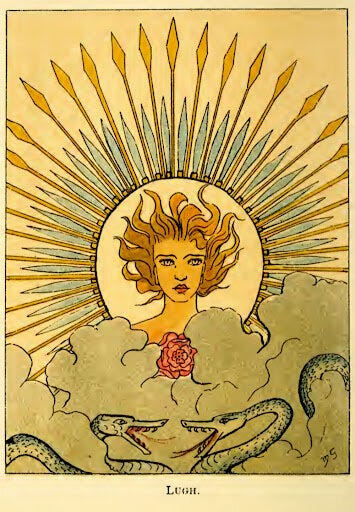

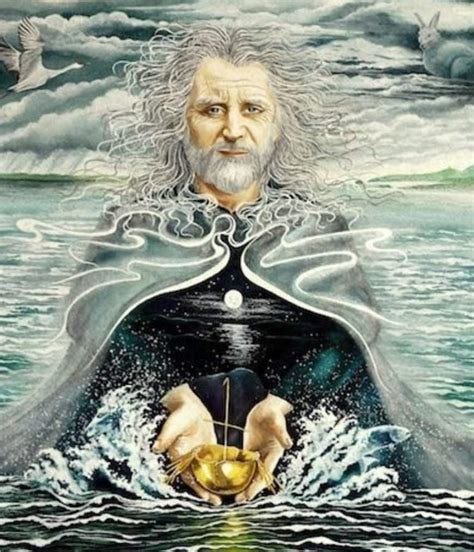
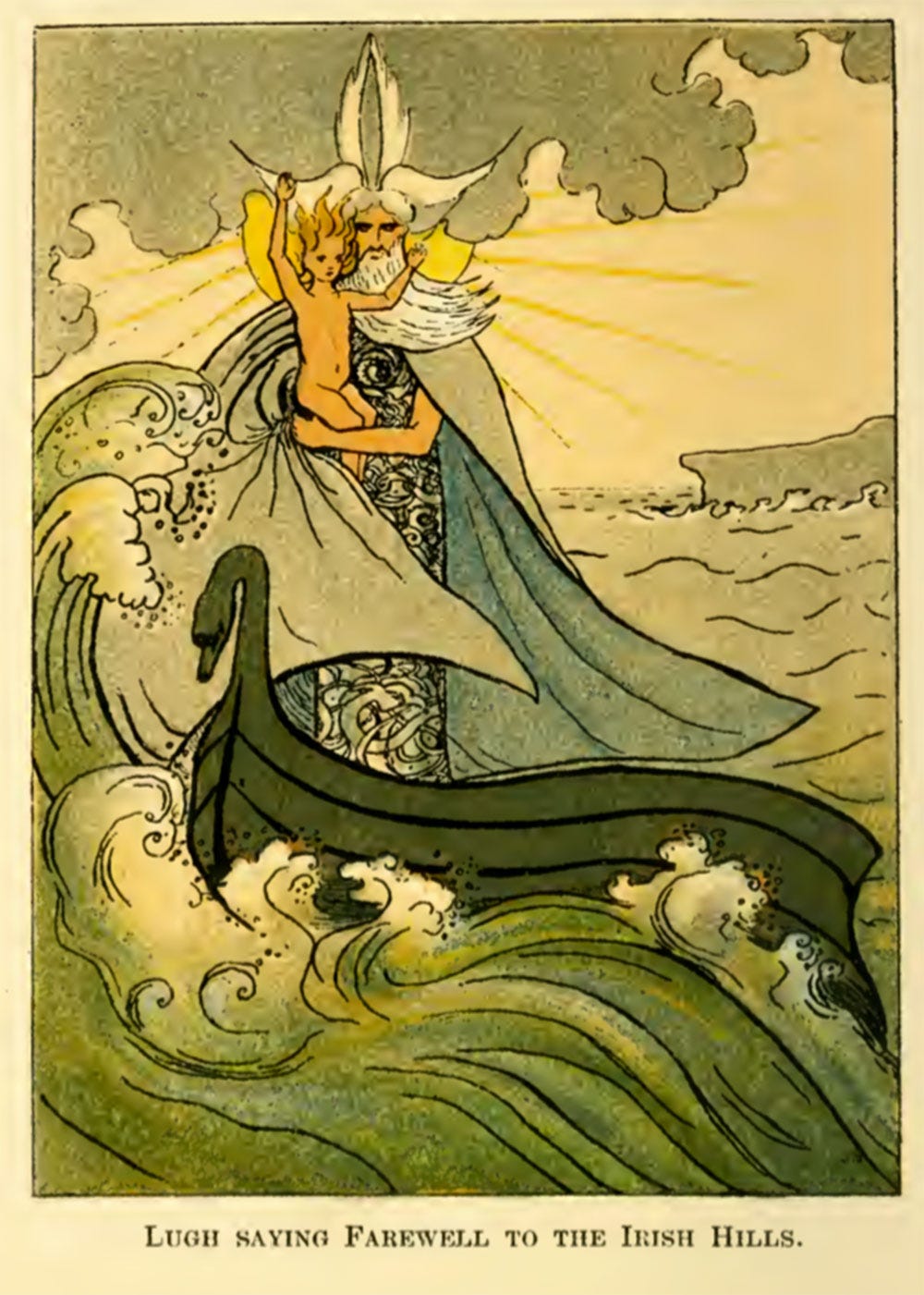


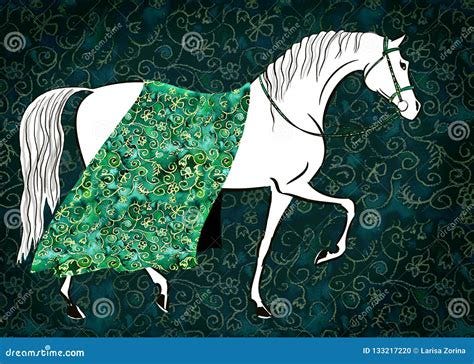
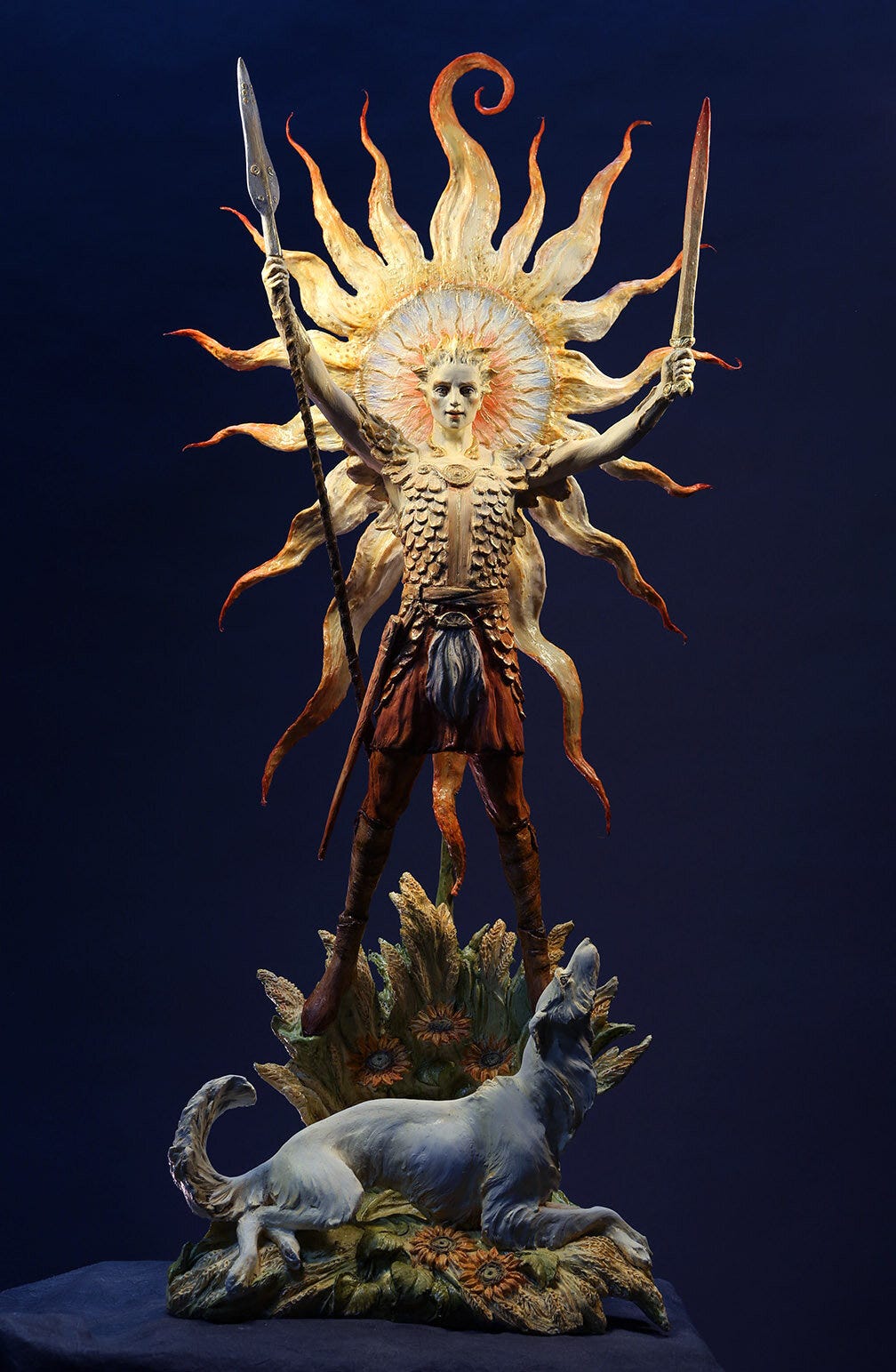
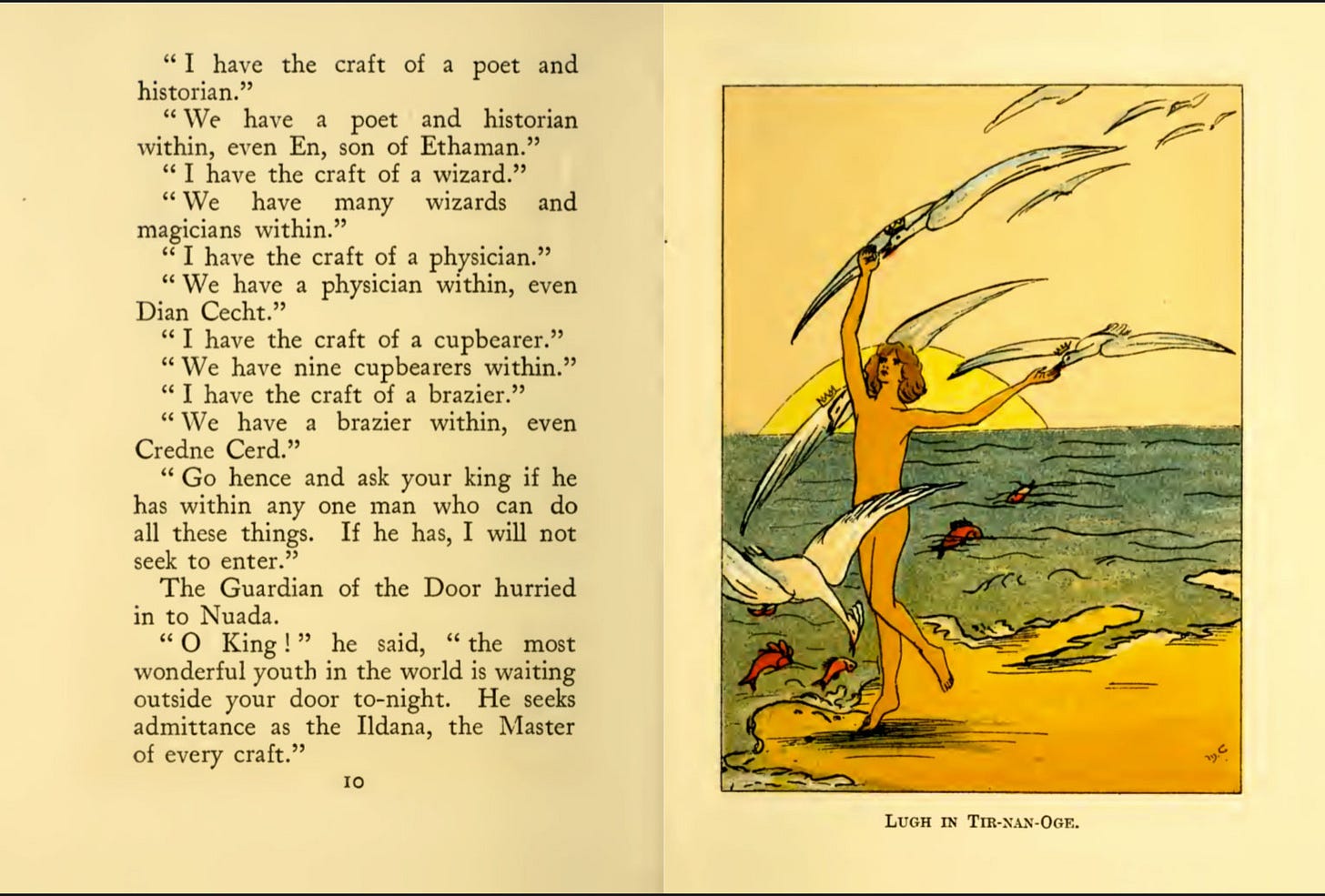
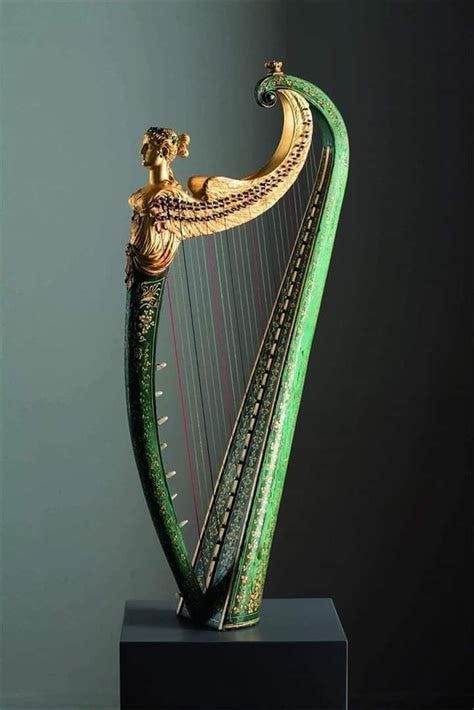
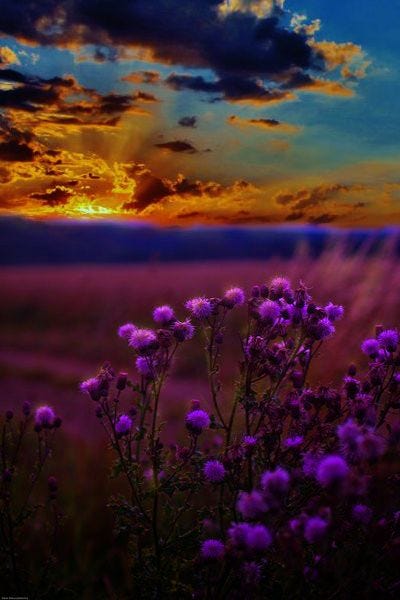

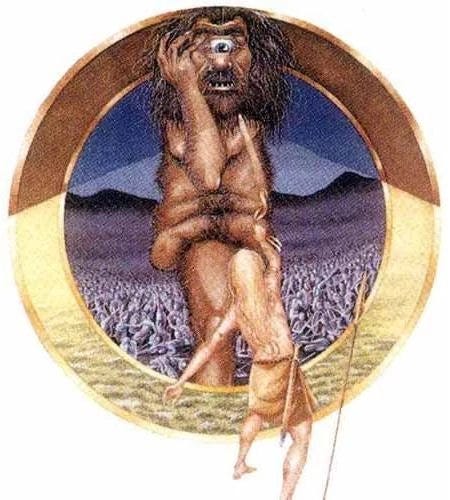

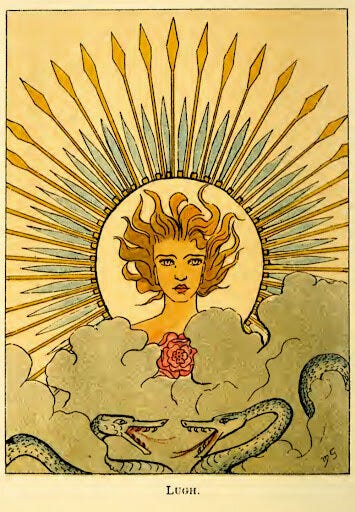
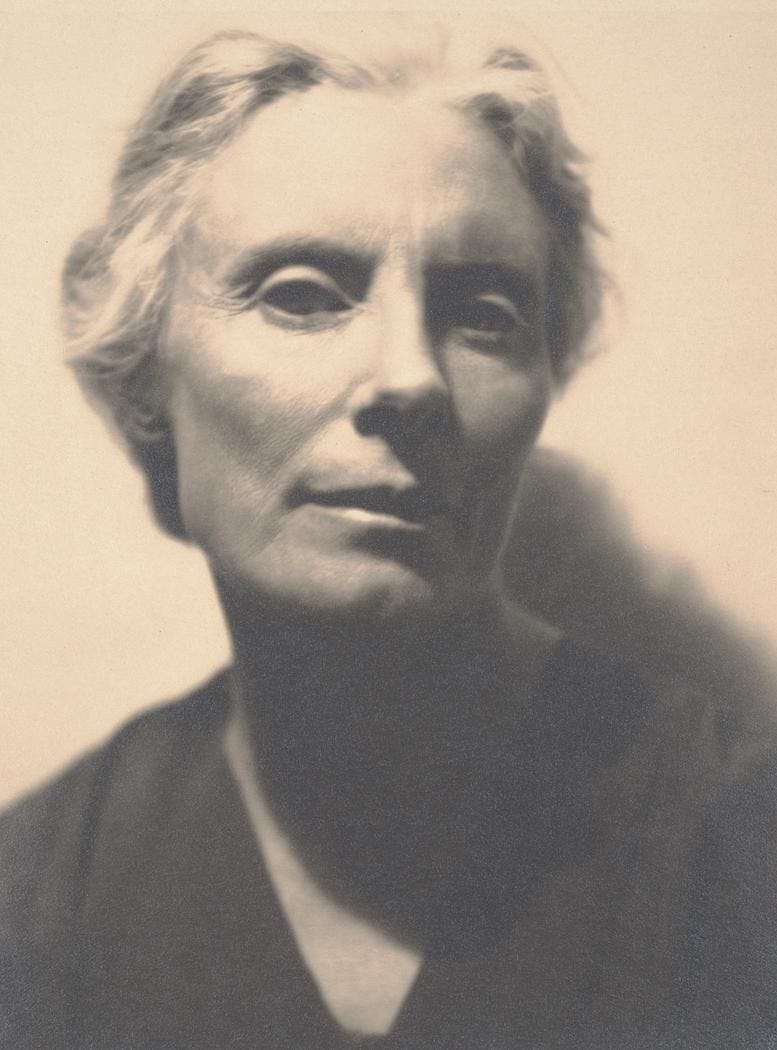
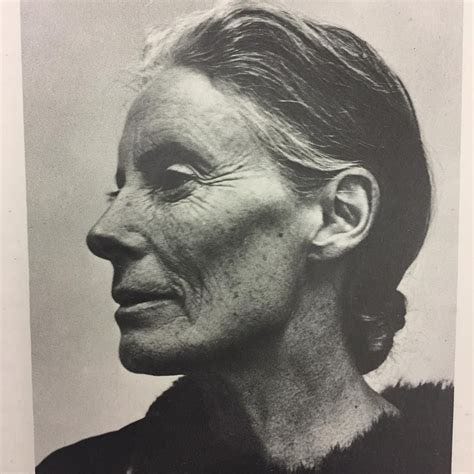
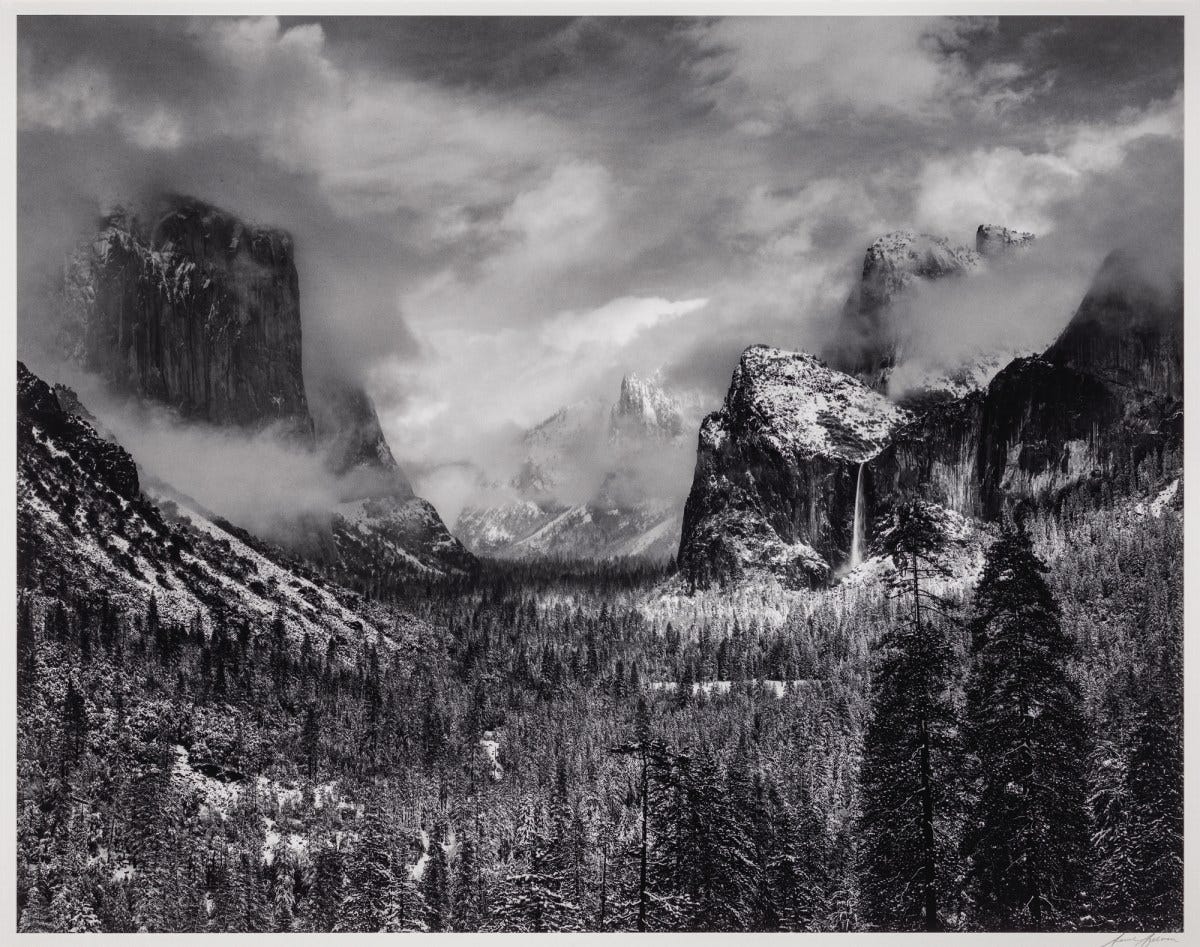
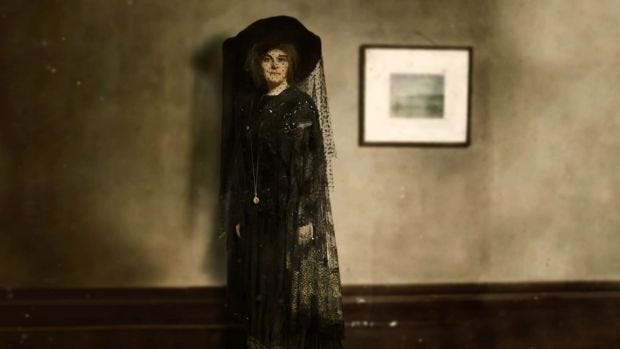

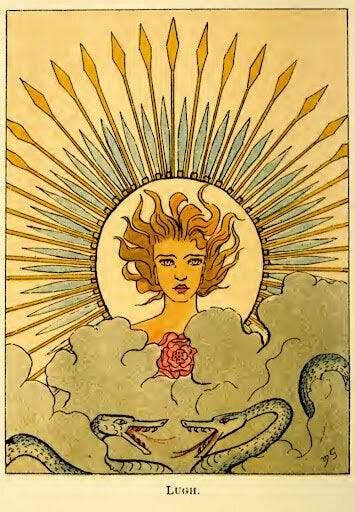
Well, you have done it, Siofra, I am humbled and speechless.
I just enjoyed this piece.
Poor Donegal history repeats itself.
Amazing woman. Great story.
Thanks Siofra. And the artwork fabulous.